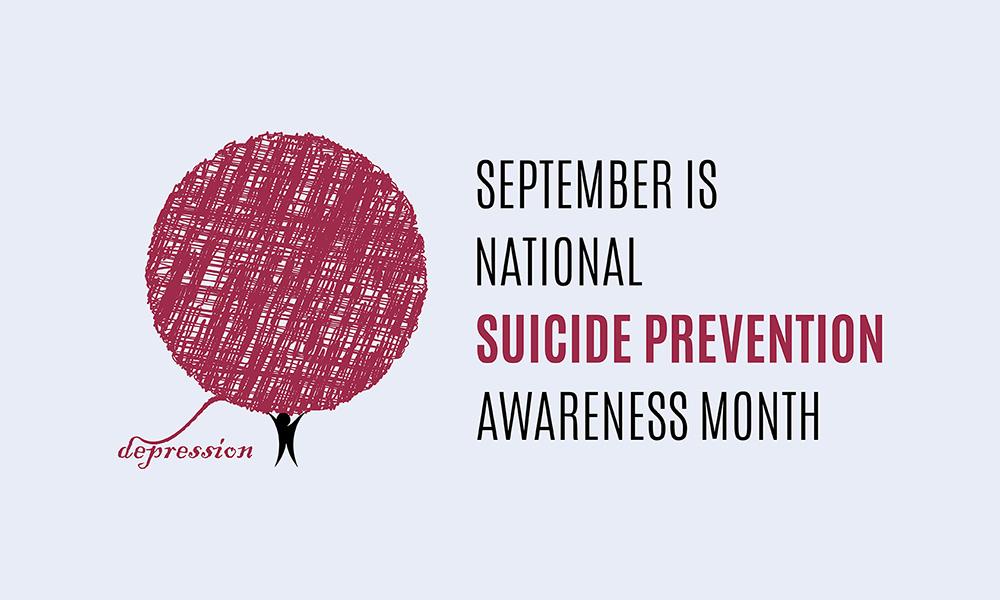
Becoming advocates for prevention
One of the hardest things for people to discuss, because of the pain or feelings of shame that can come with the topic, is suicide. While September is Suicide Prevention Month, for many people, the word conjures very difficult emotions like sorrow, regret, guilt and helplessness.
In South Carolina, there were 852 deaths by suicide in 2020, ranking the state 24th in the nation. Approximately 47,500 individuals died in 2019 in the United States, according to the National Suicide Prevention Lifeline, and nearly a thousand more in 2020. It is the second leading cause of death for people aged 25-33 (www.afsp.org/statistics).
These numbers cannot be ignored, yet in this month the focus is on prevention — a word that brings hope. Those who are left behind may one day be able to take their personal loss and help others in a similar situation, because suicide is not inevitable. And, with God’s help, more education, and concrete action, lives can be saved.
The Catechism of the Catholic Church states that suicide “contradicts the natural inclination of the human being to preserve and perpetuate his life” (CCC 2281). The Church, in her wisdom and compassion, recognizes that “grave psychological disturbances, anguish, or grave fear of hardship, suffering, or torture can diminish the responsibility of the one committing suicide” (CCC #2282).
Family members who grieve this most painful loss need not despair, since only God knows all the details, so we remain in hope and pray for deceased loved ones.
Father Chris Alar, MIC, author of After Suicide: There’s Hope for Them and for You, explains that people who take their own life may not have had full knowledge of their actions or may not have acted with full freedom of will. Father Alar lost his grandmother and two good friends to suicide, so he relays his own experience.
“As a priest, in saying there’s hope for those who have taken their own lives, I want to emphasize that suicide is never the answer,” the priest explained. “Furthermore, it hurts the people who are left behind, causing all sorts of heartache and harm in ways the deceased would never have imagined.”
Warning signs must be taken seriously, and keep in mind that the signs might be hard to distinguish from the current strain the pandemic has placed on the human family. There are several risk factors to note, such as mental disorders, hopelessness, previous attempts, trauma, and loss of relationship or job, that might increase the risk of harming oneself.
When someone talks about suicide and gives descriptions of what they would do, it is a reason for professional intervention. Some other red flags that someone may be struggling are isolating, drastic changes in sleep patterns, talking of being a burden, and giving precious things away. For a more complete list of things to watch for, visit: suicidepreventionlifeline.org.
This Suicide Prevention Month, what will change from last year? As the numbers increase, there is a need for more advocates for prevention. May God lead each person to take concrete steps, beginning with prayer, to stop the loss of life by suicide.
If you or someone you know is in crisis, please contact the National Suicide Prevention Life Line at 1-800-273-8255 (TALK) or at suicidepreventionlifeline.org.
You can also connect 24/7 to a crisis counselor by texting the Crisis Text Line at crisistextline.org or text HOME to 741741.
Kathy Schmugge is the senior director for Social Ministries and the director of the Office of Family Life. Email her at familylife@charlestondiocese.org.
